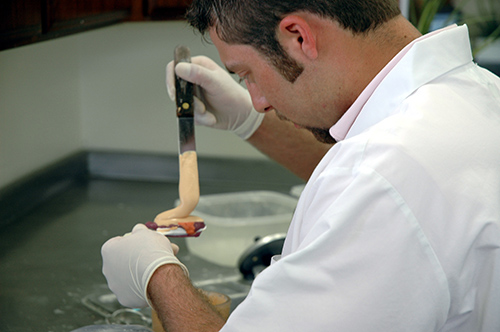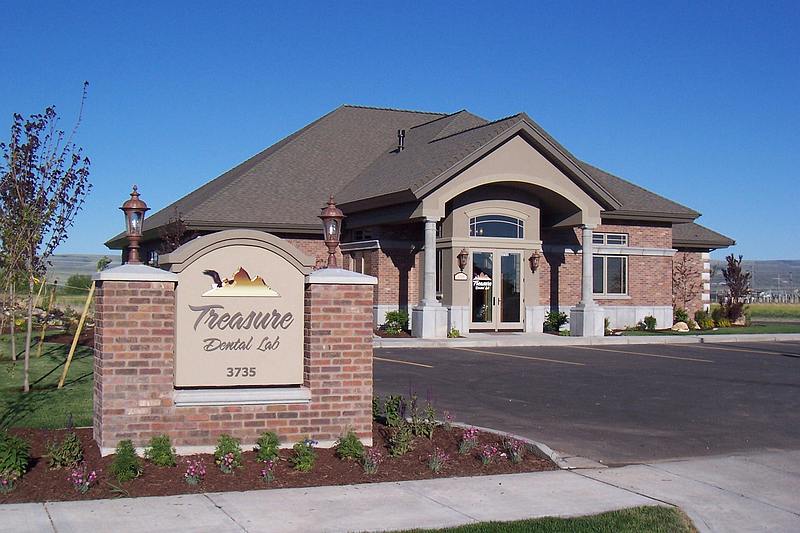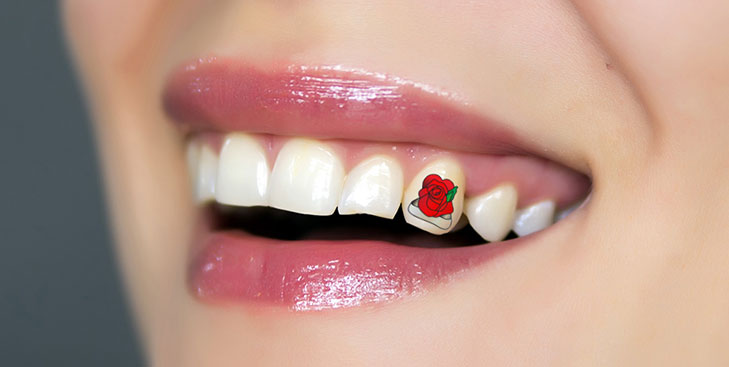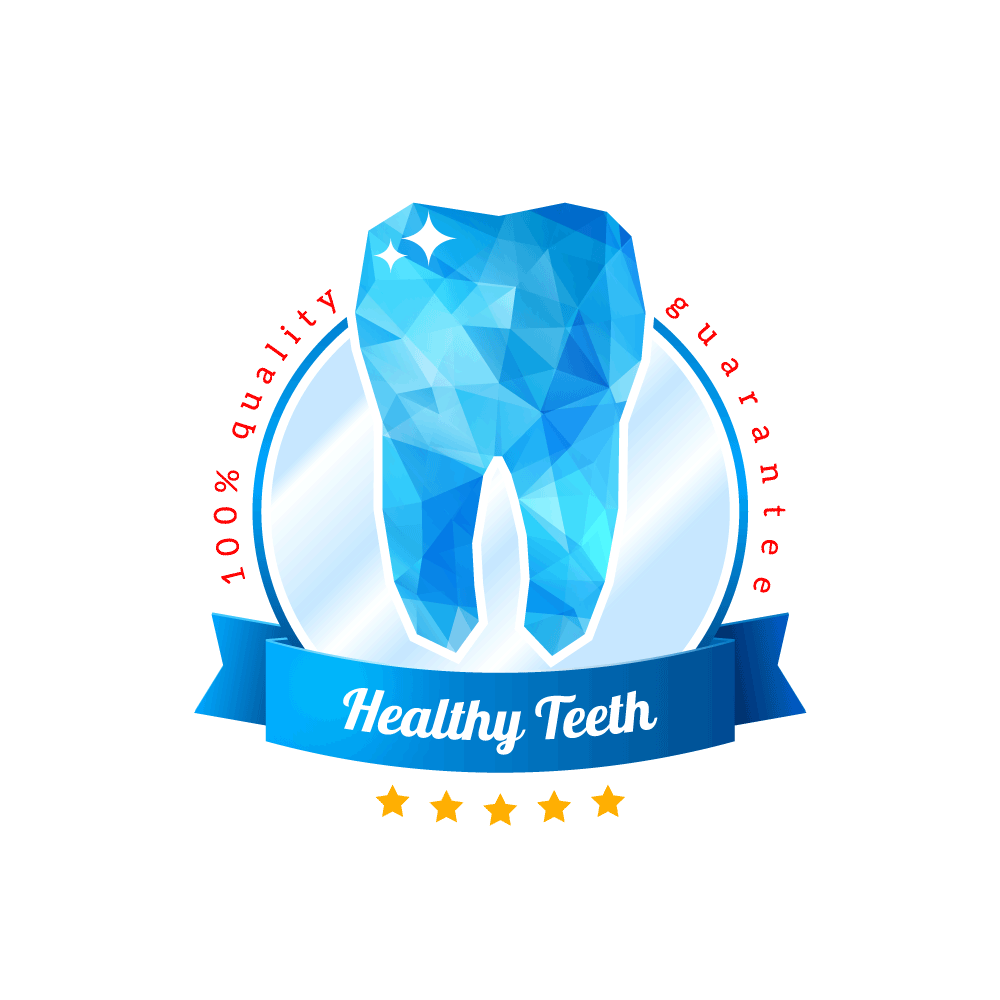When seeking a new certified dental lab to begin a partnership there are many questions that could, and should be asked. Depending on the practice and the objectives of said practice, some questions may vary and shuffle in priority. However, below is a list of 6 questions that are imperative to inquire about when new dentists start a new relationship with a lab.
1.) Are the materials ADA approved?
Just as it is with any purchase transaction in life, if you are expecting to purchase the highest quality and get an incredibly low-cost price offer you ought to dig a little deeper. The old adage “you get what you pay for is perhaps more true in work from a dental lab than anywhere else. Remember that in a highly competitive market it is very tempting, and sometimes all too easy for non-reputable providers to offer low-cost substitutes rather than high-grade material with which both you and your patients will be thoroughly pleased.
2.) How do you ensure quality control within your lab?
Yes, as dentist’s we want to get a product back as quickly as possible. But not at the expense of quality. Studies show that most dentists are fine waiting an extra day or two to get a product back from their dental lab if that means that a better quality check can be done. When you consider how many steps are involved in building crowns, for example, you should ask yourself “who makes sure the wax-ups are correct? Who checks the quality on the coping? How is the quality of the porcelain completed?” A quality dental lab with a solid reputation should have no problem explaining who is responsible for the quality control and how the process is completed. Do not be afraid to ask.
3.) Is any of your work sent offshore?
With so many dental labs clamoring for your partnership, it is really easy for them to try and cut costs in any way they can. It is very common for labs to outsource their work overseas to places like India, Korea, China and/or Mexico. When it comes to cosmetic dentistry and oral health, making sure the work is completed in a sterile and clean environment is of utmost importance. There is really no reason to risk your reputation and livelihood on a lad that doesn’t have the means to complete their work in-house and to the highest standards.
4.) Can I peek behind the curtain?
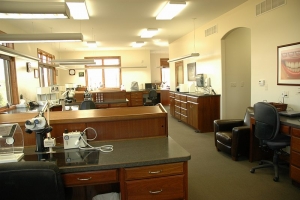 Having a Dental lab that is willing to let you come in and inspect the facilities and meet the technicians’ means a lot. Just having them willing to grant the permission is a big step; however, more can still be done. If at all feasible, follow through and make the actual visit. If you are really serious about getting this partnership started the right way it is worth the time and money to make the trip to the lab. In some cases, it may be down the street. In others, it may necessitate a flight. Either way you will be better off making the trip. It will either confirm your positive feelings and enable you to fell confidence in your decision, or in the worst case scenario it will counter your initial expectations and you will know that you don’t wish to do business. In this case, you can feel good about spending a little time and effort in vetting out the lab properly, rather than wasting a lot more money with the lab in the long run.
Having a Dental lab that is willing to let you come in and inspect the facilities and meet the technicians’ means a lot. Just having them willing to grant the permission is a big step; however, more can still be done. If at all feasible, follow through and make the actual visit. If you are really serious about getting this partnership started the right way it is worth the time and money to make the trip to the lab. In some cases, it may be down the street. In others, it may necessitate a flight. Either way you will be better off making the trip. It will either confirm your positive feelings and enable you to fell confidence in your decision, or in the worst case scenario it will counter your initial expectations and you will know that you don’t wish to do business. In this case, you can feel good about spending a little time and effort in vetting out the lab properly, rather than wasting a lot more money with the lab in the long run.
5.) Does the dental lab offer practice support?
Laboratories that have been around the industry for a long time have “seen it all”. As a result, they can offer their expertise and experience as a resource that dental practice can rely on. Keep in mind that dental labs that have a strong reputable history do work for multiple practices and have very likely seen more cases than an individual dentist or even dental practice. As a result, they can help avoid pitfalls or identify places of opportunity. These dental labs set themselves apart as an important leverage tool that you can use to help sell more cases to your patients – a huge factor in generating more revenue while also saving time and effort.
6.) Continuing Education philosophy
The coupling of technology and new material has supercharged the way dental labs can complete work as well as what type of products are offered. Keeping up with these advancements is a challenge. A good dental lab will have a strategic plan to obtain the training and knowledge necessary to keep up with developments and standards of the industry and trade. Maintaining Certified Dental Technicians (CDT’s) on staff with up-to-date education is paramount. Continuing Education (CE) credits should be completed each year at a minimum. However, those labs that are really committed to excellence in their craft typically don’t’ just fulfill the minimum expectations.
Asking the right questions makes finding the right dental lab to partner with a much easier process. The above list is certainly not an exhaustive list. It is merely a solid foundation to get you started along the path of vetting out proven business partners. If there are other questions that you feel a pertinent to ask please comment below.

